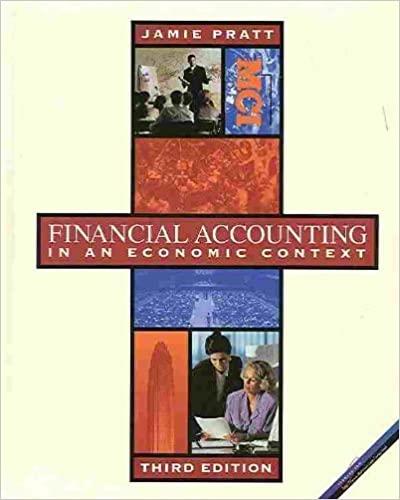In the past, private colleges, which are subject to the accounting and reporting standards for nonprofit entities,
Question:
In the past, private colleges, which are subject to the accounting and reporting standards for nonprofit entities, have not been required to recognize depreciation on their financial state¬ ments. However, The Wall Street Journal reported that “many of the nations 1,500 private col¬ leges are considering ignoring a new accounting rule that would require them to depreciate buildings and equipment. . . . Several colleges received assurances from Standard & Poor’s Corp. and Moody’s Investors Services, Inc., that the bond-rating agencies wouldn’t lower the colleges’ bond ratings based on noncompliance with the FASB Statement. . . . The FASB’s rules have the informal blessing of the Securities and Exchange Commission and, if not fol¬ lowed, would result in a qualified (audit) opinion. Such qualifications could cloud the status of some college bonds by triggering spending limits in bond covenants.” Source: Lee Berton, “Several Private Colleges May Ignore New Accounting Rule on Depreciation,” The Wall StreetJournal, February 4, 1988, p. 28. REQUIRED:
a. Explain why colleges might not want to recognize depreciation on their financial state¬ ments.
b. Why would such institutions be interested in the assurances described above from compa¬ nies such as Standard & Poor’s and Moody’s?
c. Why might an auditor qualify the audit opinion on a college that did not conform to this accounting rule?
d. Why would a spending limit be part of the bond covenant, and how could a qualified audit opinion trigger such a limit?
Step by Step Answer:






